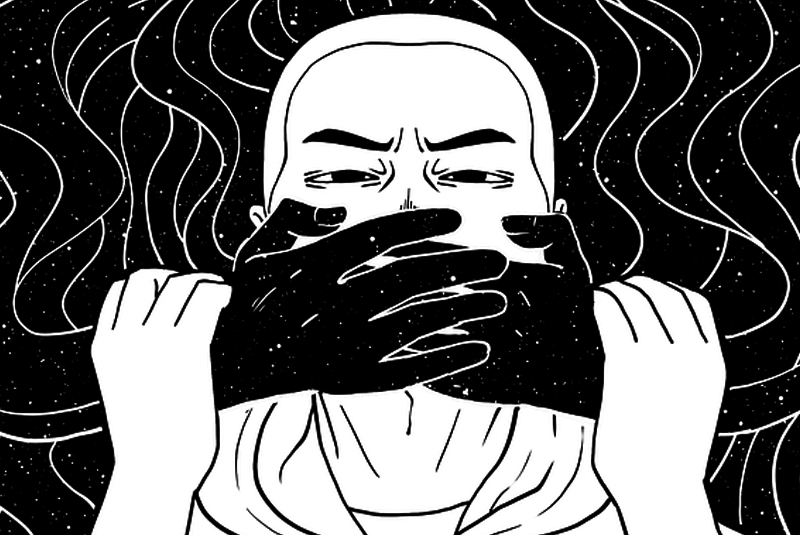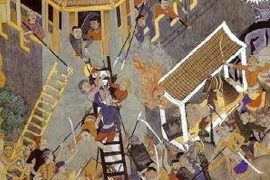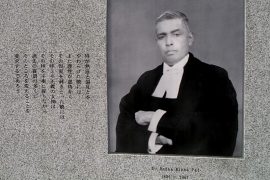Few things are as predictable in modern India as the state’s knee-jerk reaction to controversy: a call for tighter controls and broader censorship, all under the guise of “morality.” The manufactured outrage machine has found its latest victim. A few crude, unfunny remarks on a show called India’s Got Latent have somehow spiralled into a full-blown national scandal. FIRs have been lodged, and moral panic has been unleashed.
The spectacle has roped in everyone from state chief ministers to the Supreme Court, all frothing at the mouth over a bad joke about watching one’s parents have sex. Allahbadia, the person who made those comments, recognising the absurdity of the situation, issued an apology video. But predictably, the outrage machine is insatiable. FIRs keep piling up. Threats keep surfacing.
Copyright©Madras Courier, All Rights Reserved. You may share using our article tools. Please don't cut articles from madrascourier.com and redistribute by email, post to the web, mobile phone or social media.Please send in your feed back and comments to [email protected]











